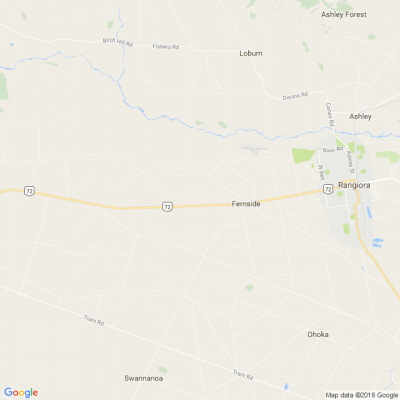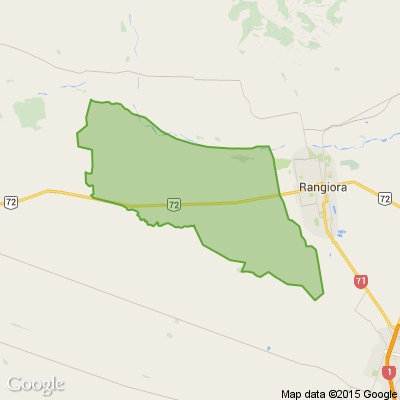Future of ‘second-chance’ alternative education in North Canterbury in doubt
By David Hill, Local Democracy Reporter.
The future of alternative education for vulnerable young people in North Canterbury is in doubt.
This follows Rangiora High School’s decision to withdraw from being the provider of the Maungatere alternative education service.
Principal Bruce Kearney said the school has advised the Ministry of Education it will no longer be the provider for Maungatere after December.
Ministry Te Tai Runga (South) hautū (leader) Nancy Bell said the ministry is discussing possible arrangements with other local schools.
"Our staff will continue to support young people in North Canterbury who have disengaged from school, and their whānau, to locate an education provider that will work for them."
Rangiora High School has hosted the Maungatere alternative education service for about 30 years on behalf of local secondary schools, in partnership with the Christchurch City Mission.
"Maungatere has provided an alternative education for young people where school is not the right place for them, instead of suspending or excluding them," Kearney said.
In the city students could change schools relatively easily by enrolling at another school down the road.
"But it is different in a semi-rural community, because if we don’t engage with them, who will?"
Maungatere director Carol Weaver said it gave students who struggled in mainstream schooling "a second chance".
"They’re not all bad kids. We see many good things happening from taking them out of the big school, and giving them another chance.
"Police youth aid has said it reduces their workload considerably as it stops a lot of the petty crime."
Maungatere has had a number of success stories, with one former student going on to play for the Melbourne Storm rugby league team.
Some of the students have been busy working on their literacy and numeracy standards for NCEA.
Weaver said she is concerned what will happen to vulnerable students in North Canterbury if the service is no longer available.
"We’ve got parents asking us ‘what the heck do we do now?’."
An "alternative education service" is a collaboration between schools, whānau, the wider community and the ministry.
It is designed to transition younger students back into school, while 16-year-olds were transitioned into further education, training or employment.
Maungatere is funded for up to 16 students, with the City Mission covering the cost of the building.
But even with the support of the City Mission, funding did not go far enough.
An Education Review Office report into alternative education services, released in June, found the funding model was "inadequate" and called for sweeping changes.
In response the government has increased funding from next year by 30%, from $12,720 to $16,536 per learner per year.
But the funding model did not allow providers like Maungatere to employ qualified teachers, and providers struggled to keep up with building costs, power and resourcing.
Rangiora High School board of trustees chairperson Simon Green said the school had "done its bit over the years".
"The ministry has under-funded it, so it makes it very hard for us as a school board.
"We've had a good run with it over the years and now it is time for someone else to take it on."
In the meantime, Rangiora High School has developed its own programme to support year 9 and 10 students "who require some time out of class", Kearney said.
The programme is being funded by the school’s board of trustees.
"It is about keeping the connection with the school so they can transition back into mainstream education."
Photo: Maungatere director Carol Weaver is concerned about what will happen to the students she works with. By David Hill/LDR

Painting and Decorating
If you have been thinking of redecorating over the holidays, get in touch with Andrew today for a free measure and quote

New Year, New Questions You Won’t Solve!
I get smaller every time I take a bath.
What am I?
Do you think you know the answer to our daily riddle? Don't spoil it for your neighbours! Simply 'Like' this post and we'll post the answer in the comments below at 2pm.
Want to stop seeing riddles in your newsfeed?
Head here and hover on the Following button on the top right of the page (and it will show Unfollow) and then click it. If it is giving you the option to Follow, then you've successfully unfollowed the Riddles page.









 Loading…
Loading…





